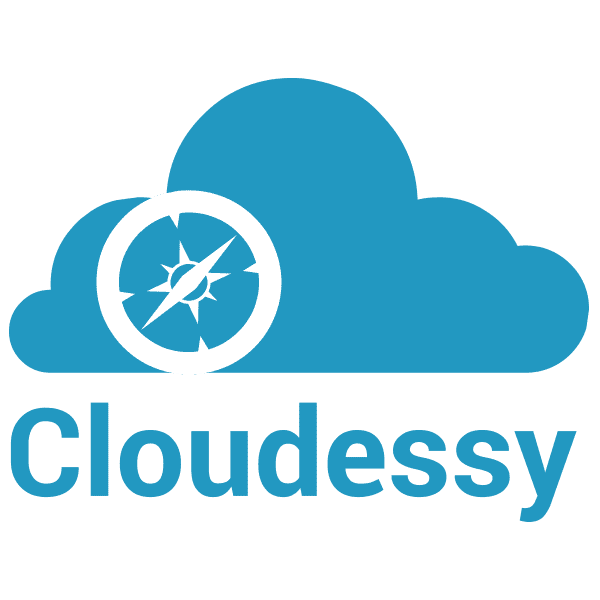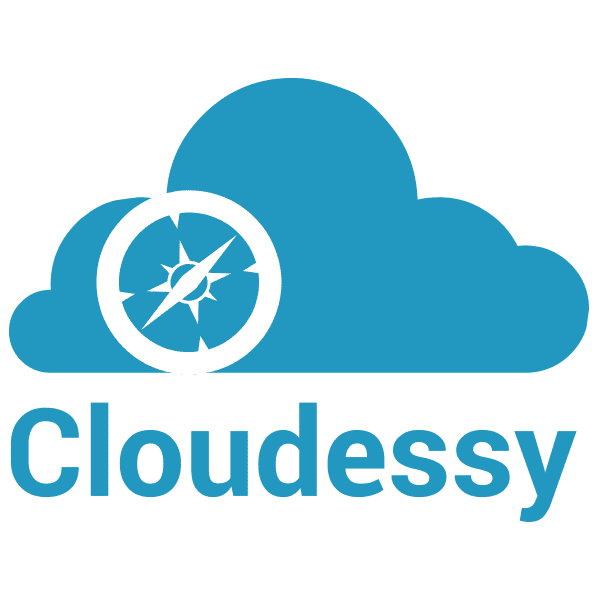
Executive Summary: AI agents offer opportunities to help employees and customers quickly and easily find the information they need to make the right decisions. But agents also pose heightened risks in IT environments. To remain competitive, your business will have to learn to take advantage of the opportunities and minimize the risks.
One of the most famous lines in superhero comics is when the narrator of Spider-Man's debut story says "... in this world, with great power there must also come -- great responsibility!"
This admonition is particularly apt today, with the rise of artificial intelligence in the business environment.
AI enables the creation of tools to help users find the data they need and even automate routine, data-related tasks. These tools are called AI agents, and most major hyperscalers offer systems to create and deploy them.
Amazon defines the term "AI agent" as "...a software program that can interact with its environment, collect data, and use the data to perform self-determined tasks to meet predetermined goals."
What does this mean for you and your business? Maybe some examples will help.
- A prospective customer visiting your website asks your interactive chat-bot detailed questions about your products and services, which the bot answers without routing the conversation to a live customer service rep.
- One of your account managers instructs an agent to email them a report of all new website leads each weekday morning.
- You instruct an agent to email you a spreadsheet listing all customers who purchased the most units of three separate products over the past year.
Google provides more general use-cases for AI agents and the specific tools they offer to create and deploy them.
So AI agents are powerful, but like most powerful tools, they carry a certain amount of risk.
User capabilities are getting out ahead of IT security. Its likely some of your employees, without authorization, are already fielding agents built with the tools mentioned above, a phenomenon known as "shadow AI." Google has even published a step-by-step guide for how to use its Vertex Agent Builder. As agents become more common, they are starting to outstrip the ability of typical security tools to keep company data safe. Without proper data governance, such agents might expose sensitive company or customer information to unauthorized parties, creating compliance and liability nightmares.
Should you avoid the use of artificial intelligence and AI agents? Not if you want your business to remain competitive. But the power and the risks are real. You and your team need to take them seriously, learning how to leverage the first and mitigate the second.
Power and responsibility go hand-in-hand.
Next Steps:
Share With —
vCTO, CIO, CISO, CEO
Action Items —
- Study the basics of AI agents and what they can do for your business
- Review and update your company's Acceptable Use policy to strictly define how and when AI agents are to be used in your organization.
- Review your existing information security tools and supplement them with additional systems (including an AISP--agentic identity and security platform) specifically designed to track and control the actions of AI agents in your environment.


